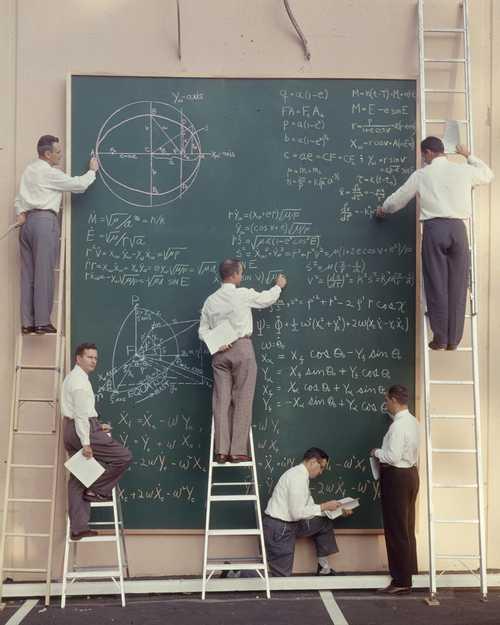Tips from neuroscience to keep you focused on hard tasks
Curated from: nature.com
Ideas, facts & insights covering these topics:
4 ideas
·4.64K reads
29
Explore the World's Best Ideas
Join today and uncover 100+ curated journeys from 50+ topics. Unlock access to our mobile app with extensive features.
Hard tasks require a task set
The brain needs ready access to the information, plans, and procedures it will be using to solve complex problems. This collective task knowledge is known as a task set. But the task set is not always immediately available.
Returning to a hard task comes with a 'restart' cost where we first have to spend time and mental effort getting back into our task before making progress. It is then essential to create time and space for hard tasks.
266
1.86K reads
Create space and time for hard tasks
- Set aside large blocks of time for complex work. We will need a long gap for intense work as well as time to re-establish our task set. Continually switching tasks interferes with the quality of work.
- Be consistent. Try to reserve a consistent time and place for our hard work and be protective of it. Working on the task repeatedly in the same context can aid in faster retrieval.
243
954 reads
Minimize distraction, don't multitask
When we multitask, the tasks use shared cognitive resources, such as working memory, It makes the tasks compete for the shared resource and interfere with one another.
- Remove cues to other tasks. Put away e-mail and social media and their associated alerts.
- Beware the power of attraction of easy tasks. While you may feel productive, they prevent you from doing the tasks you need to do.
247
852 reads
Good problem-solving habits
- Stay with it. Keep on trying, even if you don't make progress every day.
- Be open to reconceptualising problem structure. If the system we invented leads to dead ends, be open to looking for a new way to address it.
- Take breaks. It will help keep mental costs low.
- Interact with people with diverse backgrounds, perspectives and viewpoints. It can help us conceptualise a problem in new ways.
254
976 reads
IDEAS CURATED BY
Theodore H.'s ideas are part of this journey:
Learn more about timemanagement with this collection
How to set clear objectives
How to follow up after a meeting
How to manage time effectively
Related collections
Similar ideas
5 ideas
3 ideas
8 ideas
What is Psychological Distancing? Four Helpful Techniques
positivepsychology.com
Read & Learn
20x Faster
without
deepstash
with
deepstash
with
deepstash
Personalized microlearning
—
100+ Learning Journeys
—
Access to 200,000+ ideas
—
Access to the mobile app
—
Unlimited idea saving
—
—
Unlimited history
—
—
Unlimited listening to ideas
—
—
Downloading & offline access
—
—
Supercharge your mind with one idea per day
Enter your email and spend 1 minute every day to learn something new.
I agree to receive email updates

